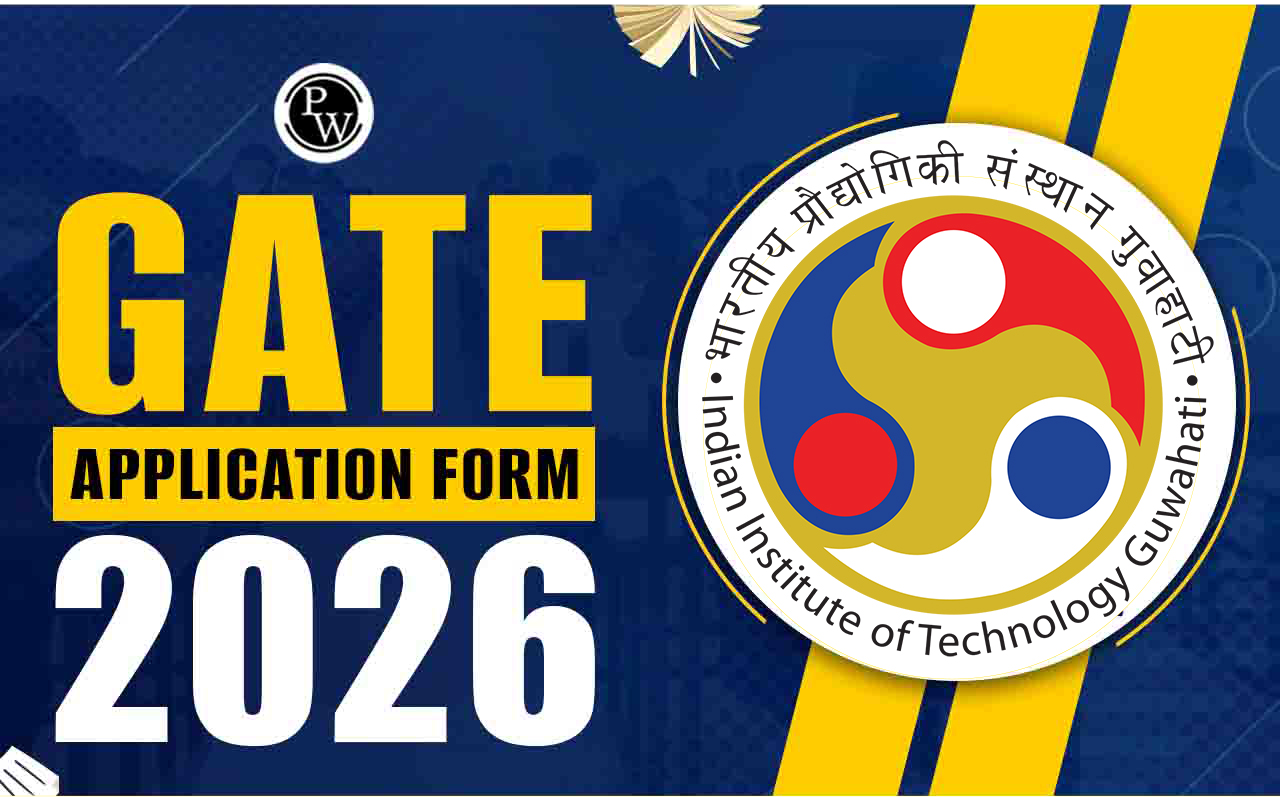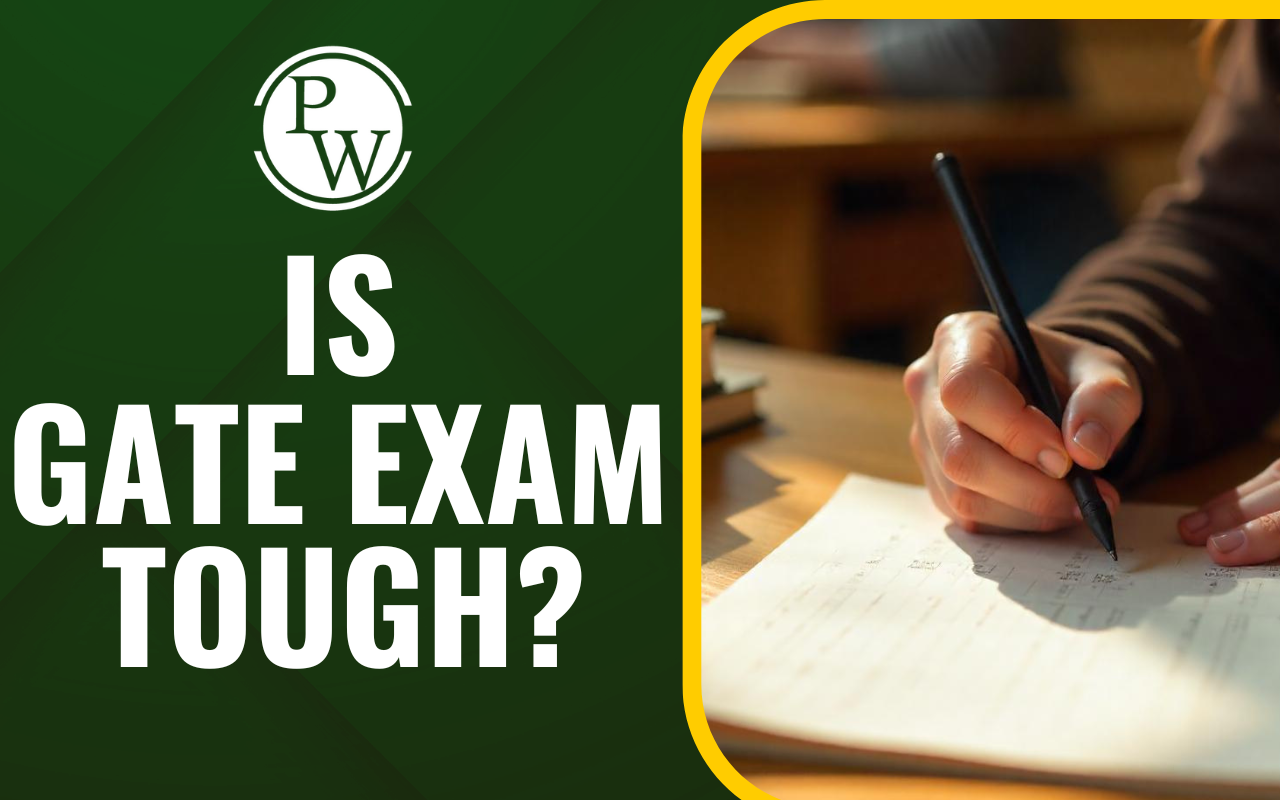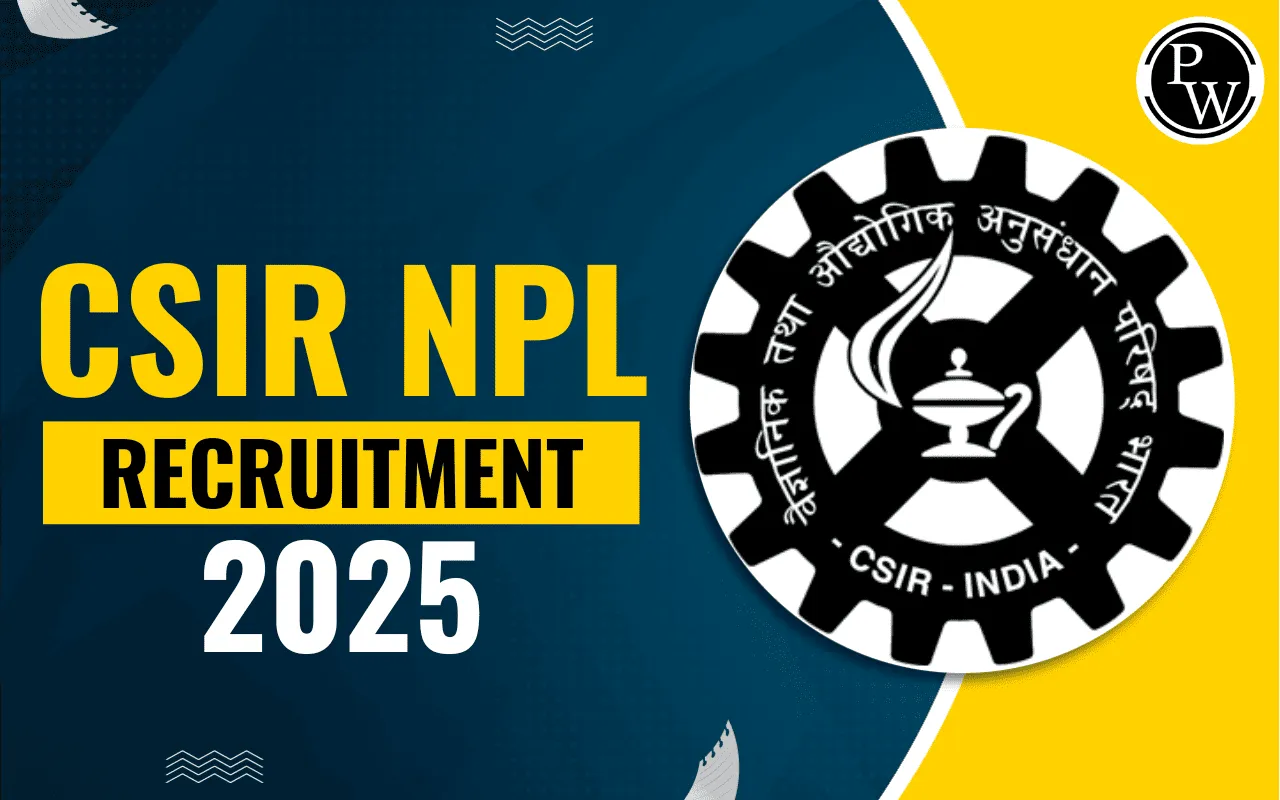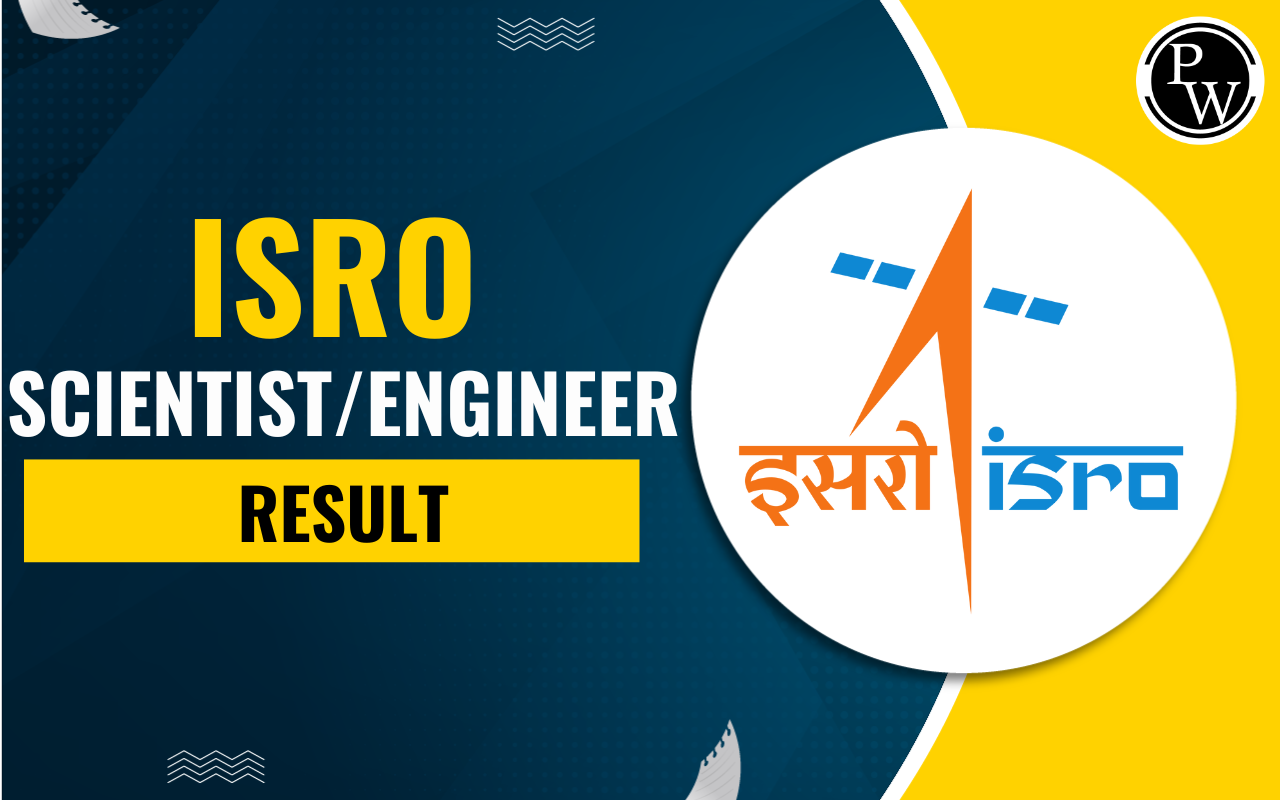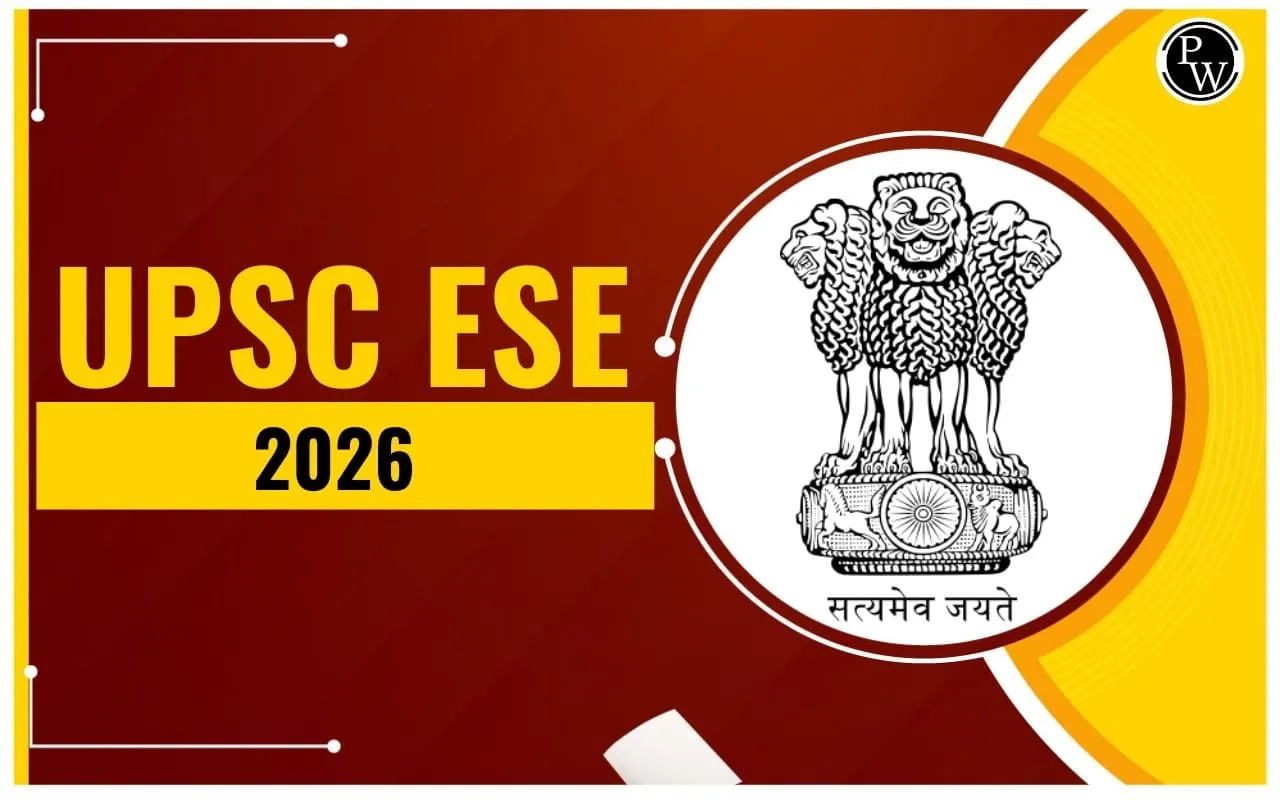

How to Score 15/15 in the GATE Engineering Mathematics?: Scoring a perfect 15/15 in the GATE Engineering Mathematics section is a great achievement for aspirants aiming to clear GATE 2025. Engineering Mathematics, while often perceived as challenging, plays an important role in the GATE 2025 exam and can significantly impact an applicant's overall score. Mastering this section not only demonstrates a solid understanding of mathematical concepts but also showcases analytical and problem-solving skills essential for engineering disciplines.
To secure a 15/15 score in Engineering Mathematics, applicants need a well-structured approach that combines a deep understanding of the GATE Syllabus of Engineering Mathematics, strategic preparation, and rigorous practice. The exam’s mathematical rigor requires aspirants to be proficient in a variety of topics, ranging from Linear Algebra and Calculus to Differential Equations and Complex Analysis. This comprehensive guide aims to provide applicants with effective strategies and tips on how to score 15/15 in GATE Engineering Mathematics.Also read: GATE Exam Date 2025 Out, Check GATE 2025 Test Schedule
How to Score 15/15 in the GATE Engineering Mathematics?
The Indian Institute of Technology (IIT Roorkee) is going to conduct the GATE 2025 examination on February 1st, 2nd, 15th, and 16th of the next academic year. Among the 30 subjects, Engineering Mathematics is one of the toughest. In order to score 15/15 in the GATE Engineering Mathematics exam, applicants have to adopt a strategic approach. Scoring 15/15 in the GATE Engineering Mathematics involves a thorough understanding of the syllabus, mastering core concepts, and consistent practice of problem-solving techniques. Additionally, time management, solving GATE Previous Years’ Question Papers , and taking mock tests will be important in honing applicants skills and boosting their confidence.Suggested read: When Will GATE 2025 Registration Start?
GATE 2025 Exam Overview
Before jumping into the strategy on how to score 15/15 in the GATE Engineering Mathematics, interested applicants should be well-versed with the GATE 2025 examinations. Check out the GATE 2025 overview in the table presented below.| GATE 2025 Exam Overview | |
| Particular | Description |
| Exam Name | GATE 2025 |
| Duration | 3 hours |
| Total Subject | 30 |
| GATE 2025 Exam Date | February 1, 2, 15 and 16, 2025 |
| Exam mode | Single-paper Computer-Based Test(CBT) |
| Type of questions | Multiple Choice Questions (MCQ), Multiple Select Questions (MSQ), and Numerical Answer Types (NAT) |
| No. of Questions | 65 |
| Total Marks | 100 |
| GATE Number of Sections | Two/ Three (Depending on the Paper) |
| Marking Scheme | Every Question Will Either Carry 1 or 2 Marks. |
| GATE Negative Marking | For 1-mark and 2-mark MCQs, 1/3 and 2/3 marks will be deducted for a wrong answer, respectively. No minus marking for MSQs and NAT questions |
Check: GATE 2025 Preparation Strategy, Best Tips and Tricks
How to Score 15/15 in the GATE Engineering Mathematics?- Strategy
Scoring 15/15 in the GATE Engineering Mathematics section is a challenging but achievable goal. Engineering Mathematics is one of the most important and high-scoring sections in most of the GATE papers. With the right approach and dedicated preparation, one can secure a perfect score in this section, which can significantly boost applicant's overall GATE rank. This guide provides a comprehensive strategy to help applicants score 15/15 in the GATE Engineering Mathematics, covering essential topics and effective study techniques.Understanding the Importance of GATE Engineering Mathematics
Before preparing for the Engineering Mathematics subject included in every paper of the Graduate Aptitude Test in Engineering, it is necessary to understand its importance, as it carries a total of 15 to 20% marks in every paper. Unlike high school mathematics, the concepts and topics in GATE Engineering Mathematics are advanced, requiring a deep understanding of various mathematical principles and their applications. Mastering this section not only enhances applicant problem-solving skills but also builds a strong foundation for tackling other technical subjects in the upcoming GATE 2025 exam.Analyzing the GATE Engineering Mathematics Syllabus
Applicants must familiarize themselves with the entire GATE Engineering Mathematics Syllabus 2025 released by the IIT Roorkee. The key topics of Engineering Mathematics include Calculus, Linear Algebra, Real Analysis, Complex Analysis, Ordinary Differential Equations, Algebra, Numerical Analysis, Partial Differential Equations, Topology, Linear Programming, among others. Solving questions based on these key topics can help aspirants score 15/15 in the GATE Engineering Mathematics. For the reference of applicants, a direct link to download the latest GATE Engineering Mathematics Syllabus 2025 PDF is provided below. Additionally, knowing the weightage of each topic included in the syllabus can also result in scoring well.Comprehending the GATE Exam Pattern
The GATE Exam Pattern for the majority of papers is similar, consisting of multiple-choice questions, multiple-select questions, and numerical answer type questions. The exam is divided into three sections: General Aptitude, Engineering Mathematics, and the subject-specific section. Engineering Mathematics holds significant weight, contributing 15% to 20% of the total marks. Each correct answer in the MCQ section awards 1 or 2 marks, while incorrect answers lead to a deduction of 1/3 or 2/3 marks, respectively, for 1-mark and 2-mark questions. However, there is no negative marking for NAT questions. Being familiar with this pattern can aid applicants in managing their time effectively and maximizing their scores in the Engineering Mathematics section.Mastering Core Concepts of GATE Engineering Mathematics
Mastering core concepts in Engineering Mathematics is essential for scoring 15/15 in the GATE exam. Begin by thoroughly understanding the basic concepts of each topic. This foundational knowledge is important, as it forms the basis for solving more complex problems. Focus on core concepts such as calculus, linear algebra, differential equations, and probability. It is vital to handle fundamental operations and equations confidently, as these will frequently appear in various problem-solving scenarios during the exam. Once applicants have a solid grasp of the basics, they can advance to more complex and challenging topics. Delve into advanced topics such as vector calculus, complex analysis, and partial differential equations.Knowing GATE Engineering Mathematics Topic Wise Weightage
Understanding the topic-wise weightage of Engineering Mathematics in the GATE 2025 exam is crucial for effective preparation. Each year, the GATE exam includes questions from various topics within Engineering Mathematics, and the weightage of each topic can significantly impact one's strategy. This insight allows applicants to prioritize their study efforts, ensuring that they allocate more time to high-weightage topics while maintaining a balanced approach to other areas. Check out the table below to know the GATE Mathematics topic-wise weightage.|
GATE Mathematics Topic Wise Weightage |
|
| Important Topics | Weightage of Topics (In %) |
| Calculus | 10% |
| Differential Equation | 10% |
| Linear Algebra | 10% |
| Probability and Statistics | 20% |
| Numerical Methods | 20% |
| Complex Variables | 10% |
| Vector Calculus | 20% |
Creating a Study Plan to Score 15/15 in GATE Engineering Mathematics
To achieve a perfect score of 15/15 in the GATE Engineering Mathematics section, begin by evaluating current knowledge and setting specific goals for each topic based on their weightage in the exam. Also, develop a detailed study schedule that balances time between different topics and incorporates regular revision sessions to reinforce learning and track progress. In addition to self-study, applicants can enhance preparation by joining PW GATE Online Coaching to seek expert guidance. Engaging with study groups and seeking expert advice can provide different perspectives and clarify doubts. By following this comprehensive approach, applicants will be well-prepared to excel in the GATE Engineering Mathematics section and achieve their target score.Using Quality Study Material by Physics Wallah
To excel in the GATE Engineering Mathematics section and achieve a perfect score of 15/15, it is essential to utilize high-quality study material. Start by selecting well-regarded reference books that cover all core topics comprehensively. Books such as those provided by Physics Wallah (PW) offer detailed explanations and a wide range of practice problems from past year's GATE examinations. These resources are specifically designed to help aspirants grasp complex concepts and apply them effectively in the exam setting. By incorporating these quality resources into the study plan, applicants can gain a deeper understanding of the subject, enhance their problem-solving skills, and be well-prepared to tackle the GATE Engineering Mathematics exam with confidence.Utilize the PW GATE Test Series to Score 15/15 in GATE Engineering Mathematics
In preparation for scoring a perfect 15/15 in the GATE Engineering Mathematics section, incorporating a well-structured test series into one's study routine can be highly beneficial. Physics Wallah (PW) offers an extensive GATE test series specifically designed to simulate the actual exam environment. The GATE test series includes a variety of mock tests and practice exams that mirror the format and difficulty of the GATE questions. By regularly taking these tests, applicants can familiarize themselves with the types of questions asked and the time constraints of the actual exam. Moreover, the PW GATE test series provides detailed solutions and explanations, allowing applicants to review their performance critically. This feedback is important for identifying strengths and weaknesses in their understanding of engineering mathematics.Managing Time During GATE Engineering Mathematics Preparation
Effective time management is important for excelling in the GATE Engineering Mathematics section. Begin by creating a detailed study schedule that allocates specific time blocks for each topic, ensuring balanced coverage of both basic and advanced concepts. Prioritize areas based on their weightage and proficiency, dedicating more time to weaker sections while maintaining regular review sessions for stronger topics. Utilize timed mock tests and practice questions to simulate exam conditions. This practice not only improves applicants speed but also helps in identifying areas where they may need to adjust their approach. By consistently practicing under timed conditions, applicants can optimize their preparation and enhance their chances of scoring 15/15 in GATE Engineering Mathematics.Solving the GATE Engineering Mathematics Previous Year's Question
Solving the previous year's Engineering Mathematics questions present in the different papers of GATE is an invaluable strategy for achieving a perfect score, as they offer insight into the types of problems frequently asked and the patterns they follow. By working through these problems, applicants can familiarize themselves with the format, difficulty level, and recurring topics. This understanding helps in prioritizing study areas and refining problem-solving strategies.5 Best Tips on How to Score 15/15 in GATE Engineering Mathematics
- Focus on Problem-Solving Techniques: Master a variety of problem-solving techniques to handle different types of questions. Develop shortcuts and strategies for solving complex problems efficiently. Practice problems that require unique approaches to expand your problem-solving toolkit.
- Daily Revision: Applicants shall schedule daily revision sessions to consolidate their learning. Revisit key concepts and problem types frequently to ensure retention and prevent last-minute cramming.
- Maintain a Healthy Routine: Ensure to have a balanced study routine that includes breaks and adequate rest. A well-rested mind is more effective at problem-solving and retaining information.
- Use Conceptual Diagrams and Visual Aids: Create and use conceptual diagrams, flowcharts, and visual aids to understand and remember complex mathematical concepts. Visualizing problems and solutions can help clarify intricate details and improve recall during the exam.
- Regularly Review Past Mistakes: Analyze previous practice tests and assignments to identify common errors or weak areas. Create a focused review plan to address these mistakes, and understand how to prevent repeating them in the future.
How to Score 15/15 in the GATE Engineering Mathematics FAQs
Ques. Is it possible to score 15/15 in the GATE Engineering Mathematics?
Ques. Is GATE Engineering Mathematics compulsory for all papers?
Ques. How many marks do the GATE Engineering Mathematics questions carry?
Ques. How to score 15/15 in GATE Engineering Mathematics?

